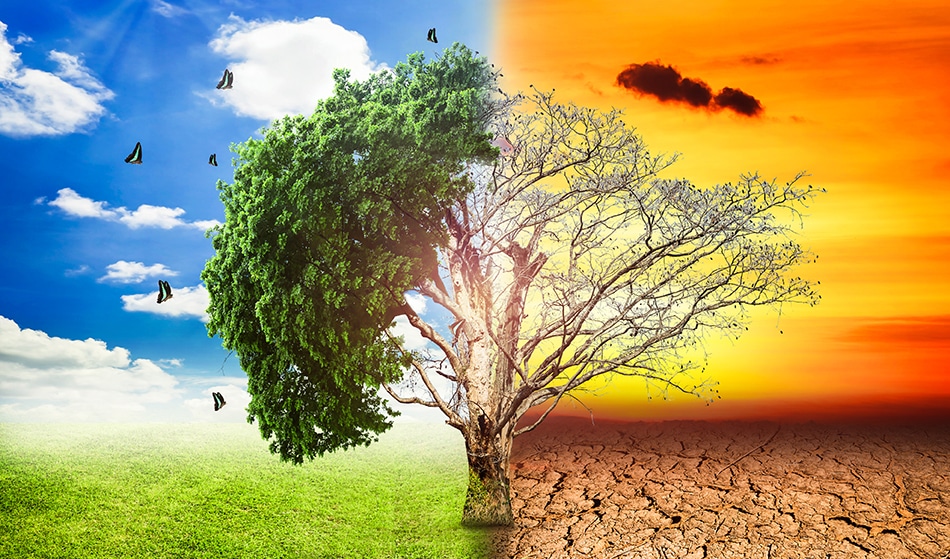Pakistan Deliberately Snubbed at Climate Change Summit 2021

Climate change is not only an environmental challenge, rather it has evolved into a security and developmental challenge over the years for countries across the globe. In the annual report for 2020, Global Climate Risk Index has placed Pakistan in the fifth position on the list of countries that are most vulnerable to climate change. According to the report from 1999 to 2018, Pakistan has experienced 152 extreme weather hazards, faced economic loss worth $3.8 billion, and 9,989 people have died. Based on the statistics recorded by the think tank, the report concluded that Pakistan’s vulnerability to climate change is intensifying. The report points out that Pakistan is “recurrently affected by catastrophes [and] continuously rank among the most affected countries both in the long-term index and in the index for the respective year”. Due to the geographical location, Pakistan has become most vulnerable to climate change and hence placed on the long-term index of the report. One of the co-authors of the report David Eckstein registers in the report that “the entire region where Pakistan is located is prone to extreme weather events, in particular, heavy rainfalls e.g. during monsoon season and floodings as a result.
Regardless of the vulnerable status of Pakistan, the Biden administration did not invite leadership from Islamabad to participate in the climate change summit. Washington invited leaders from Russia, France, India, Indonesia, Germany, China, Italy, Bangladesh Kenya, Mexico, Denmark, Colombia, Congo, Chile, Jamaica, Argentina, Australia, Israel, Canada, Japan, Bhutan, and other countries to participate in the virtual climate change summit. Climate change activists and experts from Pakistan were surprised and annoyed on exclusion from the climate change conference, particularly when the country is not only the most affected one from the ever-intensifying repercussions posed by climate change but also when the key focus area of Pakistan Tehreek-e-Insaf government has been to combat this challenge. Prime Minister Imran Khan initiated the “Billion Tree Tsunami,†project as a step towards environmental protection.
According to Michael Kugelman, the U.S. based South Asian affairs expert explained the three conditions for being invited to the summit as “(1) close partner of the US or (2) a major polluter or (3) highly vulnerable to climate change or (4) some combo of 1,2,3. Pakistan certainly qualifies for (3). The second-largest emitter of carbon dioxide U.S. during the tenure of Donald Trump withdrew from the Paris Climate Agreement but Biden kept his election campaign promise and rejoined the agreement as soon as he entered the White House. Prime Minister Imran Khan in a tweet expressed that they “puzzled at the cacophony over Pak not being invited to a climate change conf! My govt’s environment policies are driven solely by our commitment to our future generations of a clean & green Pakistan to mitigate the impact of climate change.†However, countries from the same region as Pakistan such as Bangladesh, Russia, and India have been invited to the summit.

Pakistan’s leadership remains fully committed to addressing the concerns and threats of climate change. The initiatives taken to counter the grave consequences have been accepted and appreciated around the world by organizations such as WWF, World Economic Forum, and many other countries. The present government allocated Rs10 billion for facilitating the climate change programs that include sponsoring nature-based solutions, 10 billion tree projects, and cleaning of rivers. The exclusion of Pakistan from the virtual summit hardly makes sense and has been a source of constant debate as most other Asian countries have been invited. According to a survey held in 2019, 21 out of 30 most polluted cities in the world were in India. Air pollution is so grim in India that it has taken the lives of nearly 2 million people. An analysis published in Nature Climate Change Indias percentage of carbon dioxide (CO2) emissions rose slower in 2016-19 than in 2011-15 but was much above the world average of 0.7%. Union of Concerned Scientists published a report of 20 countries that emitted the most carbon dioxide in 2018, and India was placed third on the list. The irony is despite these reasons and Indias poor performance to meet the terms of the Paris Climate Agreement, the country was invited to the climate change summit.
Washington invited leaders of the Major Economic Forum on Energy and Climate that include 17 countries responsible for 80% of global emissions and GDP. The invitation was also given to the heads of countries that are extremely vulnerable to the aggravating status of climate change and simultaneously their governments are demonstrating strong initiatives to combat climate change. If analyzed from these criteria it can be concluded that Pakistan should have been invited to the summit but was deliberately ignored for different reasons. Kamran Yousaf, a senior Pakistani journalist stated that the elimination of Pakistan from attending the summit was not surprising considering the statements of the former US Ambassador to Pakistan, Cameron Munter, who remarked that “Pakistan has lost a great deal of importance in the minds of the leadership in Washington.†Many analysts perceived that this was a deliberate humiliation of Pakistan by the new administration in the U.S. and as a move to pressurize Pakistan to cooperate more with Washington in the Afghan Peace Process. This step taken by the leadership in the White House is also a manifestation of they view Pakistan and how it will frame future relations with the country, once the most important strategically. The surprising development has been deciphered by many other analysts also as a move to sideline Pakistan, especially during the time when new alliances in the region are forming that can challenge the superpower status of the United States.
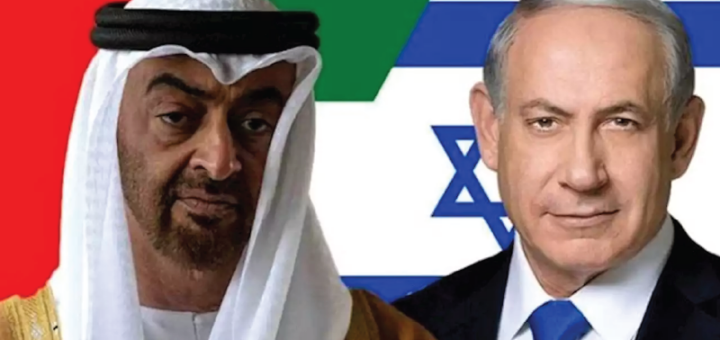
 As experts and authors continue to reflect on the advantages of the peace deal, it is important to reflect on the intention of the countries recognizing Israel. The true nature of the peace deal seems to be based off on economic and trade relations, rather than to encourage a two-state solution regarding Israeli-Palestinian conflict. The initial statement issued by the UAE for the peace deal was to obstruct Israel’s plan of annexing the West Bank. However, as proclaimed by the Israeli officials, the UAE statement is invalid. The DAWN news published the reality of the “peace treaty” illusions developed by the UAE, that may cost the Palestinians their land and their rights. As per Turkey and Iran, the anti-Israel states, claim that the former US President Trump influenced the motive of establishing the peace deal, in order to promote US’ Gulf state allies’ bilateral relations. So, when the idea of reforming the methods to resolve the Israel-Palestinian conflict is concerned, the real intentions of the states must be acknowledged. This is because the ideology of a state has a great impact on its politics. If a capitalist country decides to recognise Israel to better trade relations, then the threat to Palestinians is significant. The new approach towards Israel may still put the Arab/Muslim countries in a difficult situation.
As experts and authors continue to reflect on the advantages of the peace deal, it is important to reflect on the intention of the countries recognizing Israel. The true nature of the peace deal seems to be based off on economic and trade relations, rather than to encourage a two-state solution regarding Israeli-Palestinian conflict. The initial statement issued by the UAE for the peace deal was to obstruct Israel’s plan of annexing the West Bank. However, as proclaimed by the Israeli officials, the UAE statement is invalid. The DAWN news published the reality of the “peace treaty” illusions developed by the UAE, that may cost the Palestinians their land and their rights. As per Turkey and Iran, the anti-Israel states, claim that the former US President Trump influenced the motive of establishing the peace deal, in order to promote US’ Gulf state allies’ bilateral relations. So, when the idea of reforming the methods to resolve the Israel-Palestinian conflict is concerned, the real intentions of the states must be acknowledged. This is because the ideology of a state has a great impact on its politics. If a capitalist country decides to recognise Israel to better trade relations, then the threat to Palestinians is significant. The new approach towards Israel may still put the Arab/Muslim countries in a difficult situation. A possible analysis of UAE-Israel cybersecurity cooperation clearly indicates Israel’s ability to exploit confidential information of countries top officials with an advanced spyware in use. Israel can easily attain a position where rather than asking the US, it can turn to Saudi Arabia or UAE to make Palestinians accept a deal favourable for Israelis.
A possible analysis of UAE-Israel cybersecurity cooperation clearly indicates Israel’s ability to exploit confidential information of countries top officials with an advanced spyware in use. Israel can easily attain a position where rather than asking the US, it can turn to Saudi Arabia or UAE to make Palestinians accept a deal favourable for Israelis.


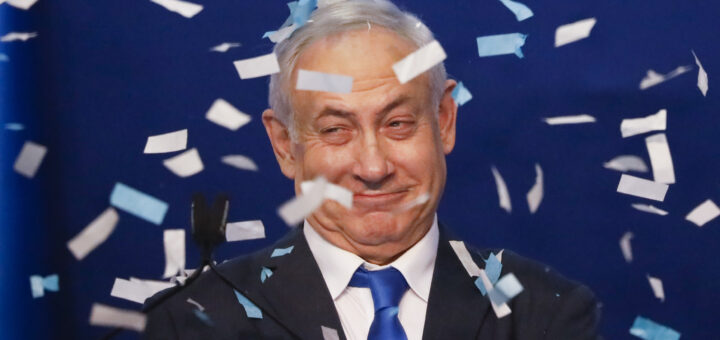
 United Arab List (UAL) leader Mansour Abbas has proposed collaborating with Netanyahu to resolve the needs of Israel’s 21 per cent Arab minority – a stance opposed by most Arabs, and which forced Abbas’ faction to break from a coalition of Arab parties ahead of the vote. However, it seems unlikely that Mansour Abbas will be added to the Netanyahu led coalition. Netanyahu may provide Abbas some benefits under Socio-economic development and political representation but not a seat in the government. Although Bennett’s right wing Yemina party is yet to decide if he wants to join Netanyahu’s coalition, there is a good chance that it will. What he has said to the press is that he will do what is good for the state of Israel, which indicates that he will go with Netanyahu and extract a high price from him. Since analysts highlight that Bennett is interested to gain the position of Minister of Justice and to implement changes in the ministry of Justice, it is possible that Netanyahu negotiates a position in the ministry of justice for Bennett. Besides, for helping Netanyahu form a government, he may want a rotating prime ministership as well.
United Arab List (UAL) leader Mansour Abbas has proposed collaborating with Netanyahu to resolve the needs of Israel’s 21 per cent Arab minority – a stance opposed by most Arabs, and which forced Abbas’ faction to break from a coalition of Arab parties ahead of the vote. However, it seems unlikely that Mansour Abbas will be added to the Netanyahu led coalition. Netanyahu may provide Abbas some benefits under Socio-economic development and political representation but not a seat in the government. Although Bennett’s right wing Yemina party is yet to decide if he wants to join Netanyahu’s coalition, there is a good chance that it will. What he has said to the press is that he will do what is good for the state of Israel, which indicates that he will go with Netanyahu and extract a high price from him. Since analysts highlight that Bennett is interested to gain the position of Minister of Justice and to implement changes in the ministry of Justice, it is possible that Netanyahu negotiates a position in the ministry of justice for Bennett. Besides, for helping Netanyahu form a government, he may want a rotating prime ministership as well.
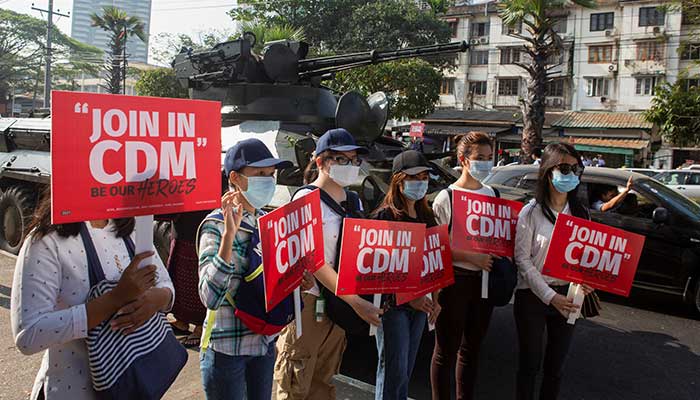
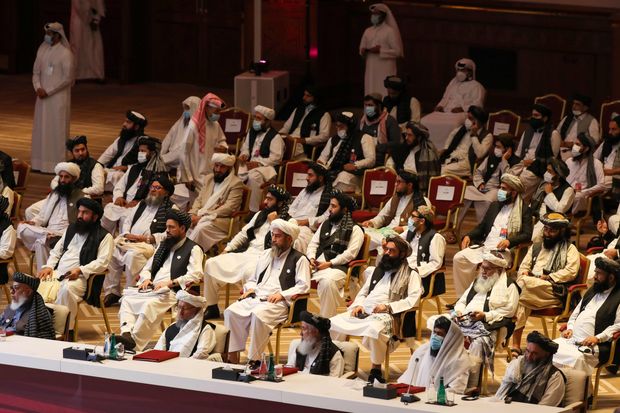
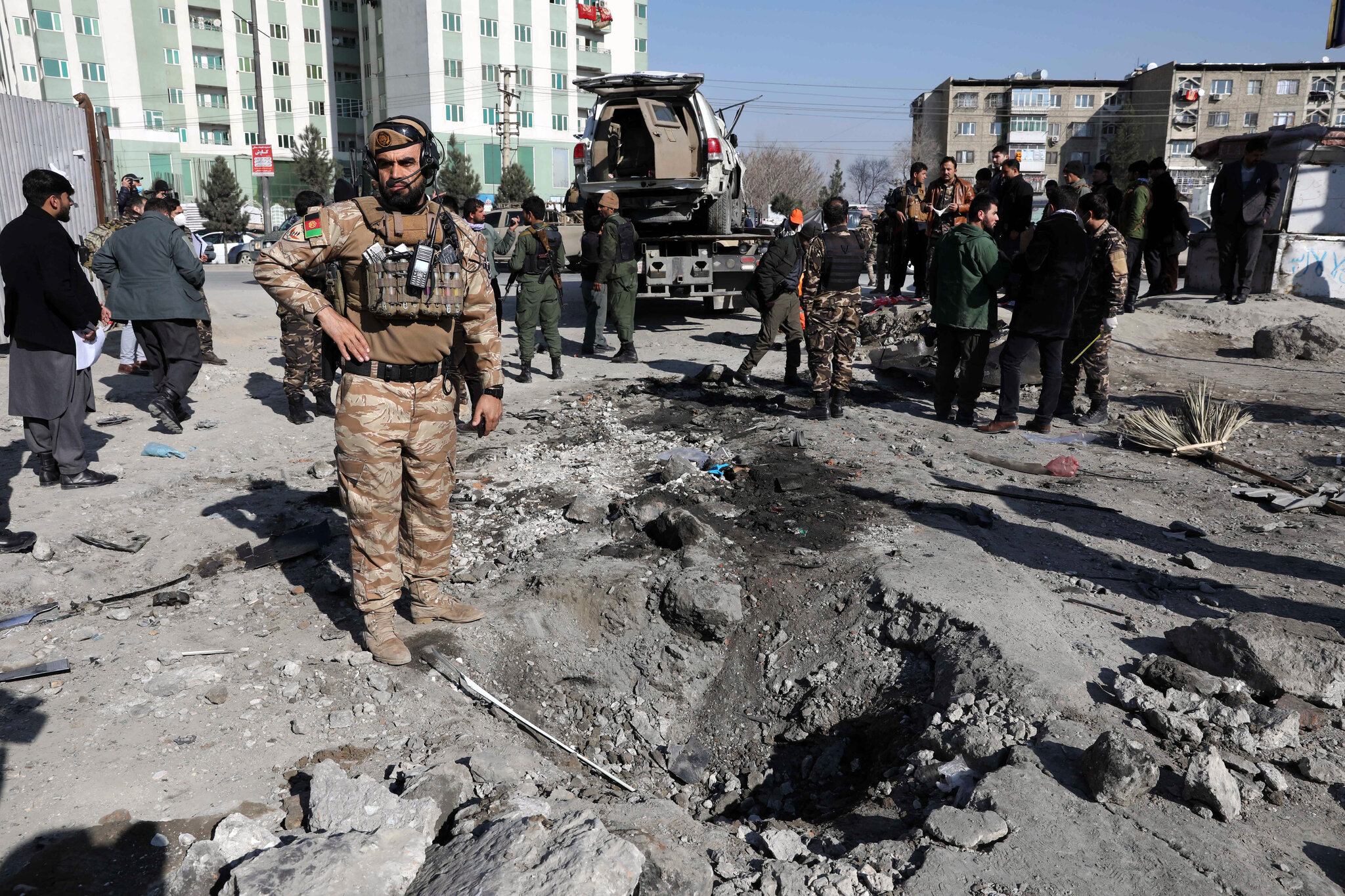
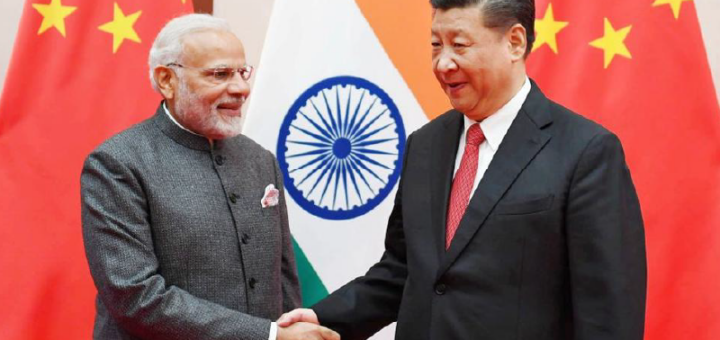

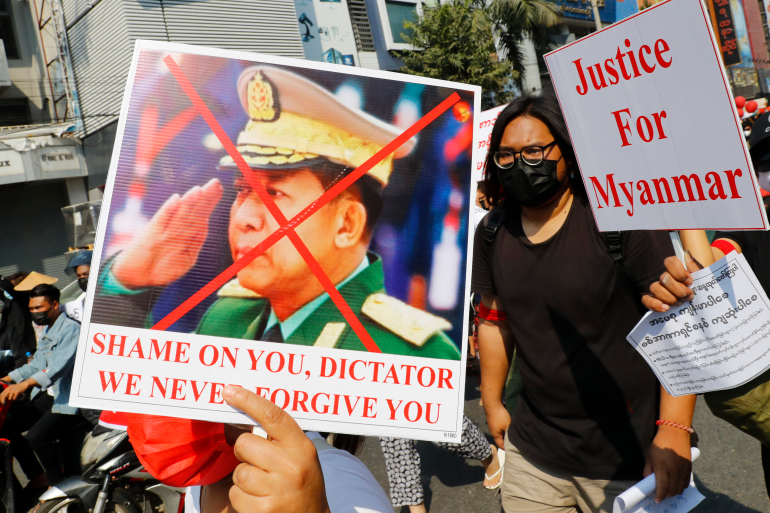
 A piece of Himalayan glacier in the Indian state of Uttarakhand broke off and fell into a river Sunday, causing flood that have killed at least 20 people so far, while nearly 200 remain missing. The wall of water barreled down a valley in the northern state of Uttarakhand on Sunday morning, destroying bridges, roads and two hydroelectric power plants this is not a small incident, it’s more alarming that the glaciers are melting more rapidly as compare to previous years. Environment protectionists are worried and call it a climate change event and the glaciers are melting due to global warming, however they also warned people to get ready for more disasters.
A piece of Himalayan glacier in the Indian state of Uttarakhand broke off and fell into a river Sunday, causing flood that have killed at least 20 people so far, while nearly 200 remain missing. The wall of water barreled down a valley in the northern state of Uttarakhand on Sunday morning, destroying bridges, roads and two hydroelectric power plants this is not a small incident, it’s more alarming that the glaciers are melting more rapidly as compare to previous years. Environment protectionists are worried and call it a climate change event and the glaciers are melting due to global warming, however they also warned people to get ready for more disasters.
